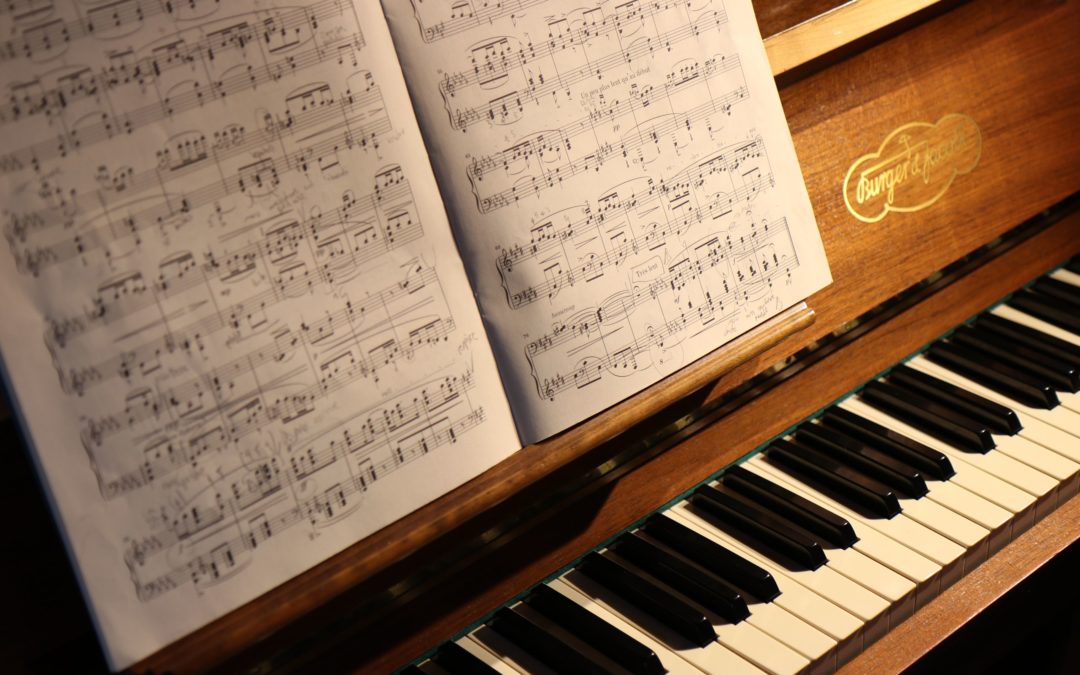Music has always been an integral part in the holistic treatment of patients with a wide variety of ailments, however recent research over the last couple of years has unveiled some incredible insight into its effects on people with dementia. Classical music, in particular, was found to be the most effective as it elicited the most drastic reactions from patients. It was assumed that classical music might actually slow down the onset of dementia by fostering gene activity in the brain, particularly the gene synuclein-alpha which is directly connected to Parkinson’s. People with dementia who listened to music regularly were found to have enhanced gene activity in the brain in areas including memory and learning.
Not only does listening to music affect the brain on a gene level of someone with dementia, but it also helps them in many other ways that improved their quality of life. As it won’t cure dementia, it can certainly help bring greater meaning to their lives and connection with others for longer as their illness progresses. Here are some documented ways in which anecdotal evidence has shown how classical music (and other personalised music selections) have changed the lives of those with dementia:
Slowed down progression of memory loss
As introduced, the progression of dementia slowed down in some patients. Their memory is less impaired and they have a more positive outlook on life and its experiences as they feel less alienated. Classical music access those parts of the brain that create new memories and access old ones, exercising their ability to learn and recall.
Improved mood
People with dementia can often feel overwhelmed when their memory fails them, they don’t remember where they are or who they are with and this can lead to agitation with repetitive behaviours signally nervousness, as well as anger or frustration. Music has the unique ability to create a calming environment, as well as foster a more positive atmosphere.
Boost confidence
Memory loss can cause a huge confidence knock to dementia sufferers, they no longer have full autonomy or their mental faculties to rely on for making connections with others. Something as simple as recalling the words or every verse of a favourite song from their youth can be the confidence boost they need to feel good about themselves again.
Medication needs are reduced
Patients who regularly receive music therapy are less likely to need anti-anxiety or calming medication, as they are in a better place emotionally and feel more stable.
Emotional tool
Music can also be a versatile tool for triggering emotions from someone with dementia. Other than using calming classical music to relax them, pairing popular music from their youth with photographs can help jog their memories by activating parts of their brain that would be otherwise inaccessible.
A powerful way to connect
When communicating with others verbally becomes too difficult it is necessary for caregivers to find new ways to make meaningful connections. Music shared in a group or just one on one gives a universal and non-verbal option of making a powerful connection with someone other than themselves. If mobility is still possible, then dancing, tapping their feet or nodding their heads to the beat is also a way of outwardly communicating with the world.
If you would like to try this with a loved one, consider these tips:
- Pick music according to their taste.
- If you have to pick for them, choose popular music during their teen years.
- Music needs to be loud enough to hear but not so loud that it overwhelms them.
- Pick music that is lower in pitch and has a good strong beat.
- Make sure the music is clear, so use good headphones or speakers.
- Listening to music triggers memories and emotions so try to pair them with photographs.
It is important to always remember that there isn’t a cure for dementia and therapies such as listening to classical music or any cognitive boosting activity isn’t introduced to cure your loved one but rather aim to reduce cognitive decline where possible.
